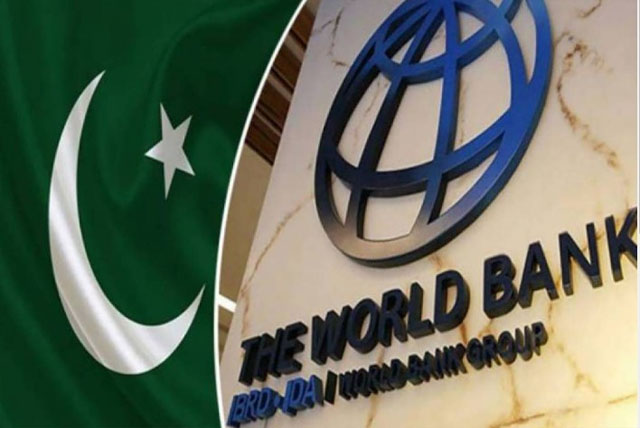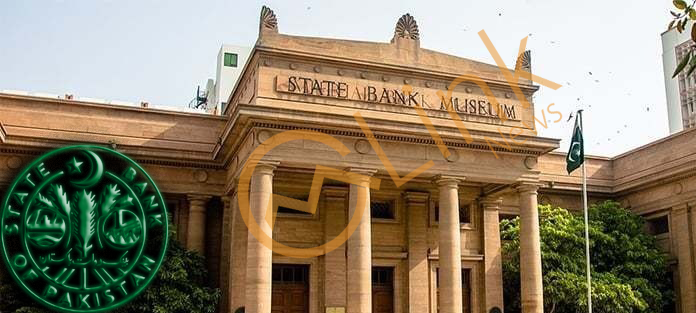September 30, 2021: The rapid digitization across the globe is transforming almost everything on the face of the earth from economy to government citizens interaction, market-customer relations to healthcare and education by bringing down almost the whole new world to the pocket size minicomputer.
The digital landscape has grown tremendously in Pakistan with a population of over 200 million people. The incumbent government has enlarged the spectrum of digital transformation in the country by taking a number of initiatives to modernize and reform the centuries-old system to catch the pace of technological development.
In order to ease the conditions of exhausting paperwork, the government has upgraded digital banking infrastructure for digital services: e-payments, online transactions, and issuance of credit cards, its use in online stores or in-store shopping, at petrol pumps, online utility bills, and university fee payment gateways.
The country has over 165 million mobile subscribers, 70 million active internet users, and 60 million Smartphone users. The Covid-19 pandemic has also brought about exponential growth in the use of electronic gadgets as an alternate option for online learning when people were restricted to work from their homes for following the government guidelines against the spread of the virus.
Therefore, in an increasingly digital world, there remains little doubt that connecting people can open up new possibilities and bridge the gaps of inequality, both social and economic. As the internet penetration has gone up to 70 percent in the country, countless case studies emerge that people successfully achieving their ambitions and turning their dreams into reality.
Historically, there have been various times when digital evolution and innovation have truly amazed the world. Digitization and technology hold the promise of progress and prosperity for almost every country including Pakistan. However, it really needs tweaks in policies and growth in IT infrastructure, which can act as catalysts for growth. Information Technology (IT) has become a fundamental part of industry and manufacturing.
The technologies like the Internet of Things (IoT), big data, robotics, automation, cloud computing, artificial intelligence, mobility, and others continue to have a growing effect on society, economy, and environment. The digital medium is considered cost-effective with a wider reach which comes with many benefits — people around the globe get easy access to information anytime and anywhere through multiple digital devices.
Likewise, the digital means of marketing and communication are also considered quicker, result driven and adaptable. Therefore, a large number of companies in Pakistan have flourished through a digital approach by providing customers with effective solutions to their problems through compelling marketing strategies.
The process of digitization can help grow the economy more quickly, fuel innovations, as well as the business environment. This in return could alleviate poverty by creating new jobs for the fresh graduates and young entrepreneurs of the country. The Digital Pakistan Initiative has created the hope that the government is making serious efforts to promote digital technology in the country. However, the country needs to organize and enhance the skills, expertise and knowledge for digital transformation in all walks of life.
Talking to APP, Deputy Director, E-Governance, Performance Management & Reforms Unit (PMRU), Chief Secretary Office, Khyber Pakhtunkhwa, Dr. Akif Khan said that like elsewhere, the Covid-19 has also speeded up the digital transformation in Pakistan alongside changing the peoples’ mindset for rapid digitization. He said, “The technology has made it possible for the high officials to hold more frequent meetings (virtual) with the subordinates to improve the performance.”
Chief Executive Officer (CEO) of App desk, a Rawalpindi-based software house, Muhammad Tanveer Khan told APP that digitization makes public service delivery more efficient and speedier by ensuring ‘one window operations’ of different official tasks — taking less time, charges and labor.
Dr Akif Khan has however said that the government needs to create an enabling environment for the evolving paradigms of digital transformation. He said, “Without capacity building and changing mindset, people wouldn’t be able to fully utilize technology.” The Pakistan Citizen Portal was one of the successful case studies of digital transformation of the PTI-led government where millions of citizens have been registered to get access to thousands of officials with their concerns with the highest resolution rate, he added.
Tanveer Khan said that technology also decreases the chances of deliberate/un-deliberate human errors and the online record could be easily authenticated from any part of the world. The IT expert said, “The digitized procedure of public procurement can create the possibility of flawless and corruption-free record of the data with a centralized mechanism.”
Majid Khan, an Islamabad-based IT expert while talking to the agency said that due to the pandemic, a spike was witnessed in the sale and purchase of smartphones and laptops for online teaching and learning in the country. He said that people in general and students, in particular, had learned a great deal about new software and productive use of android phones and computer technology during the new normal.
APP
27165







